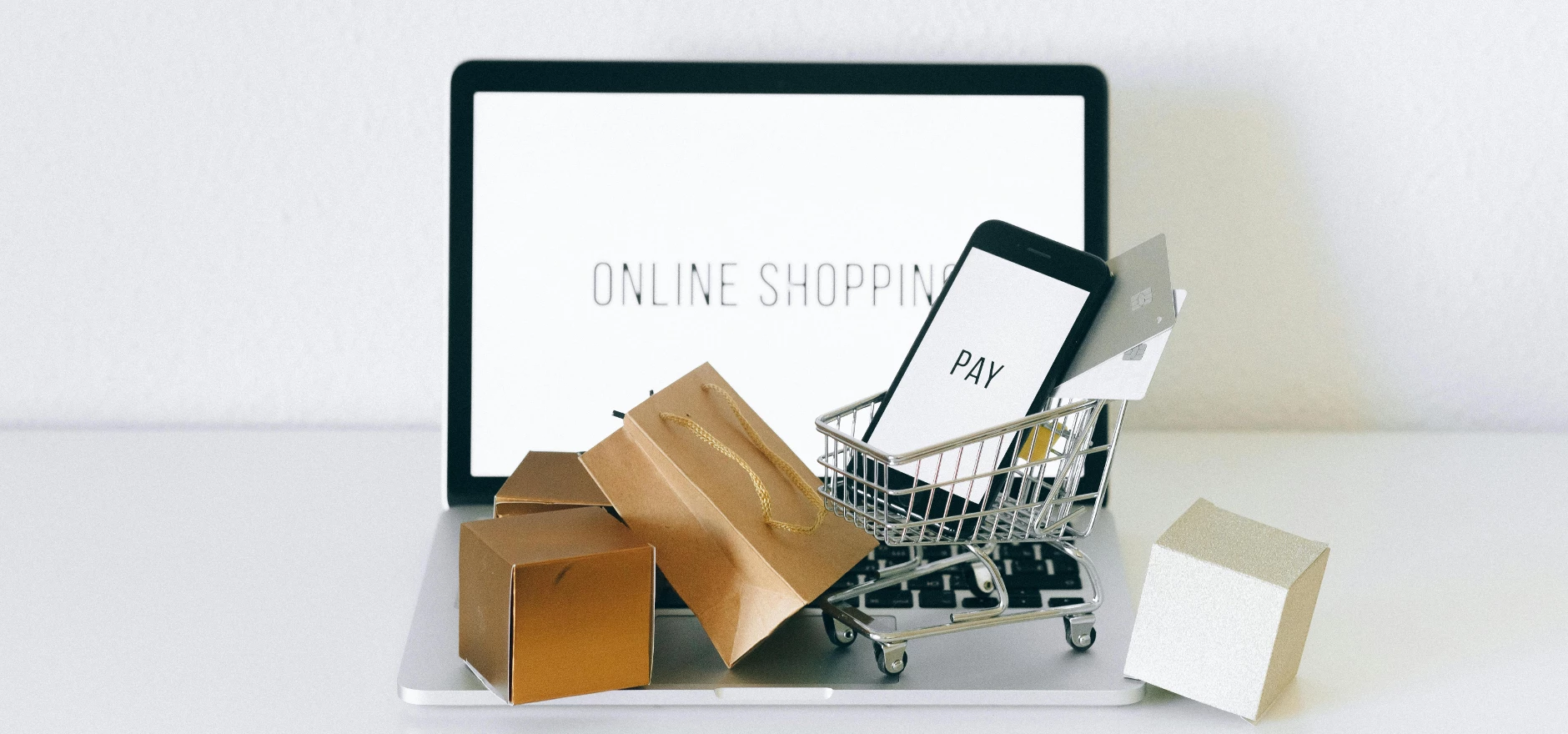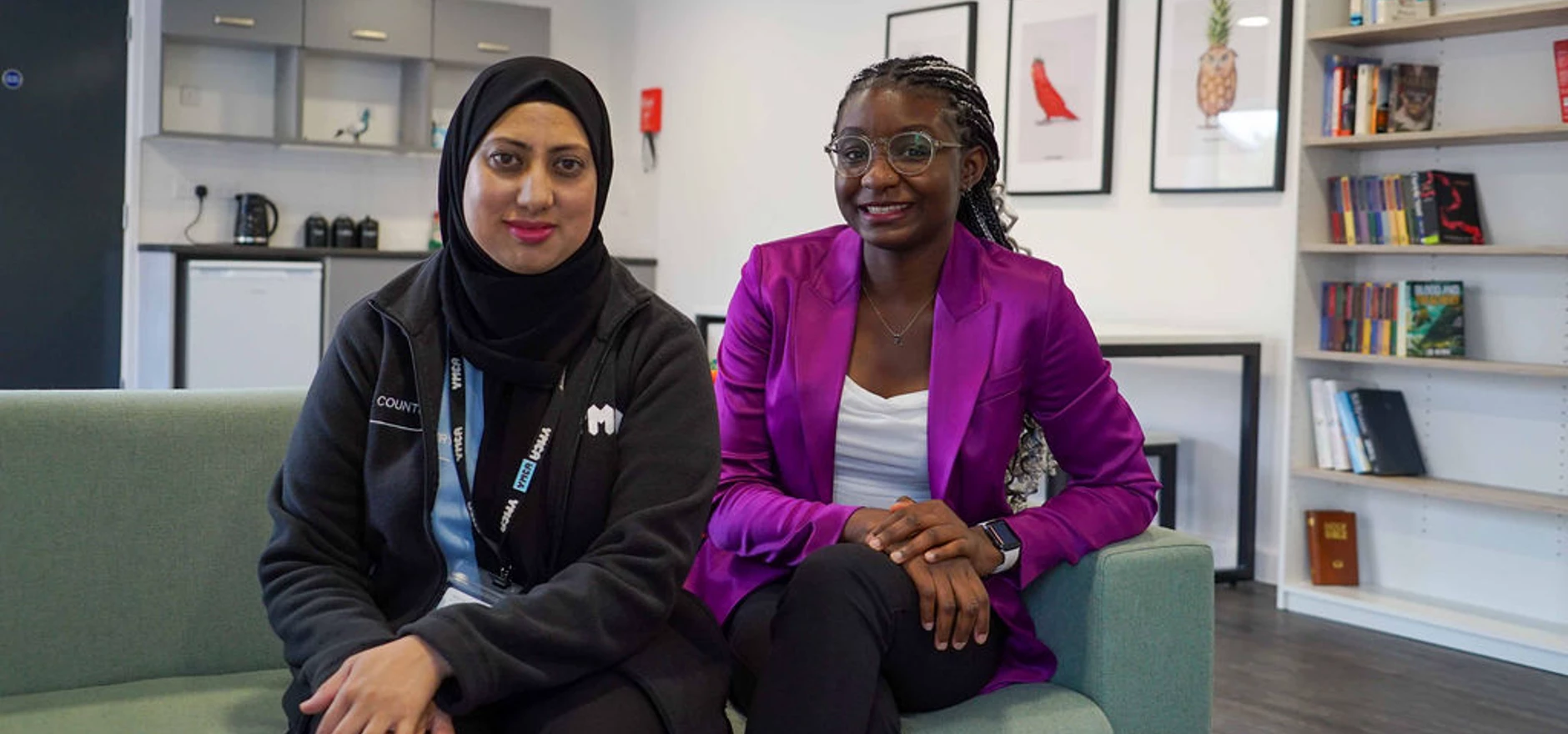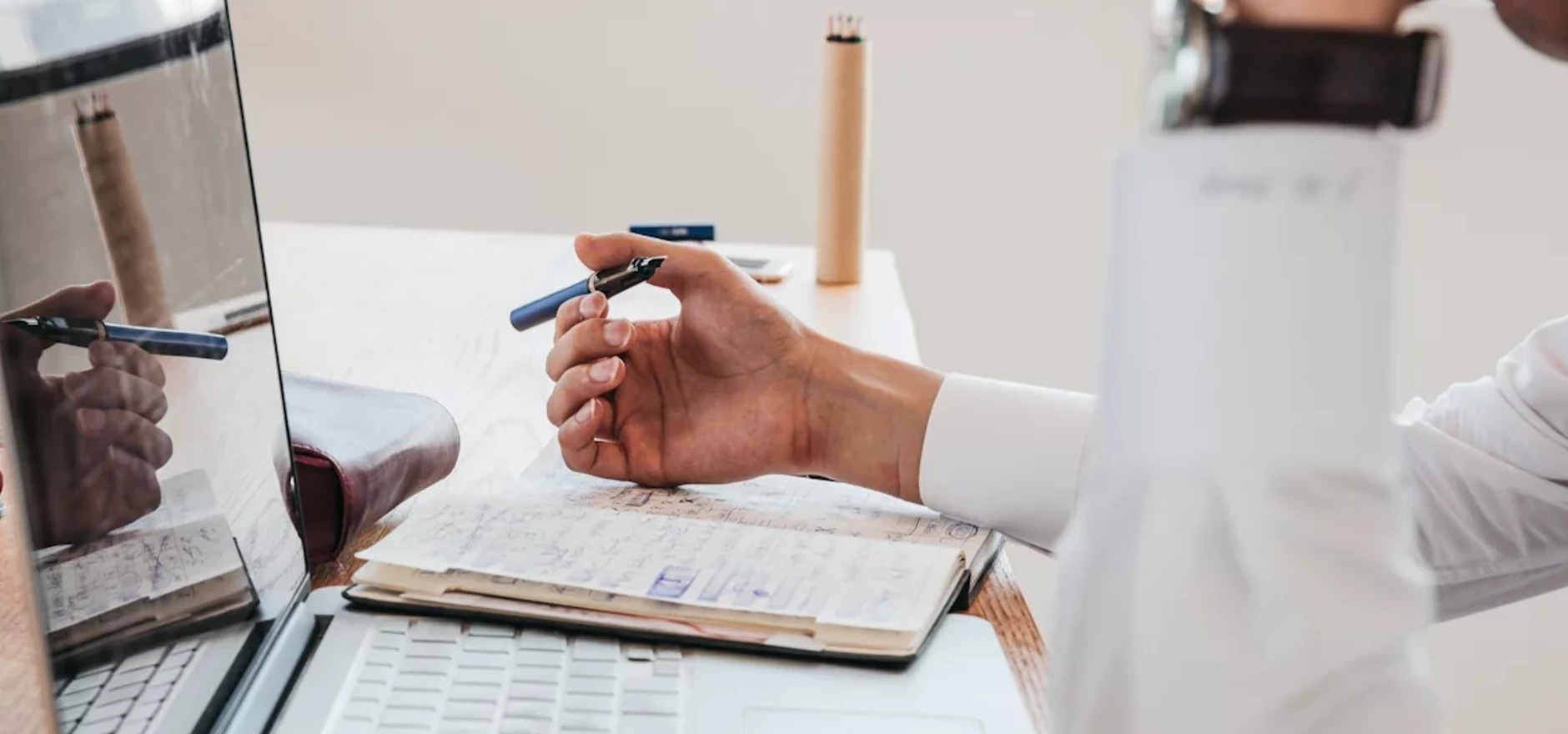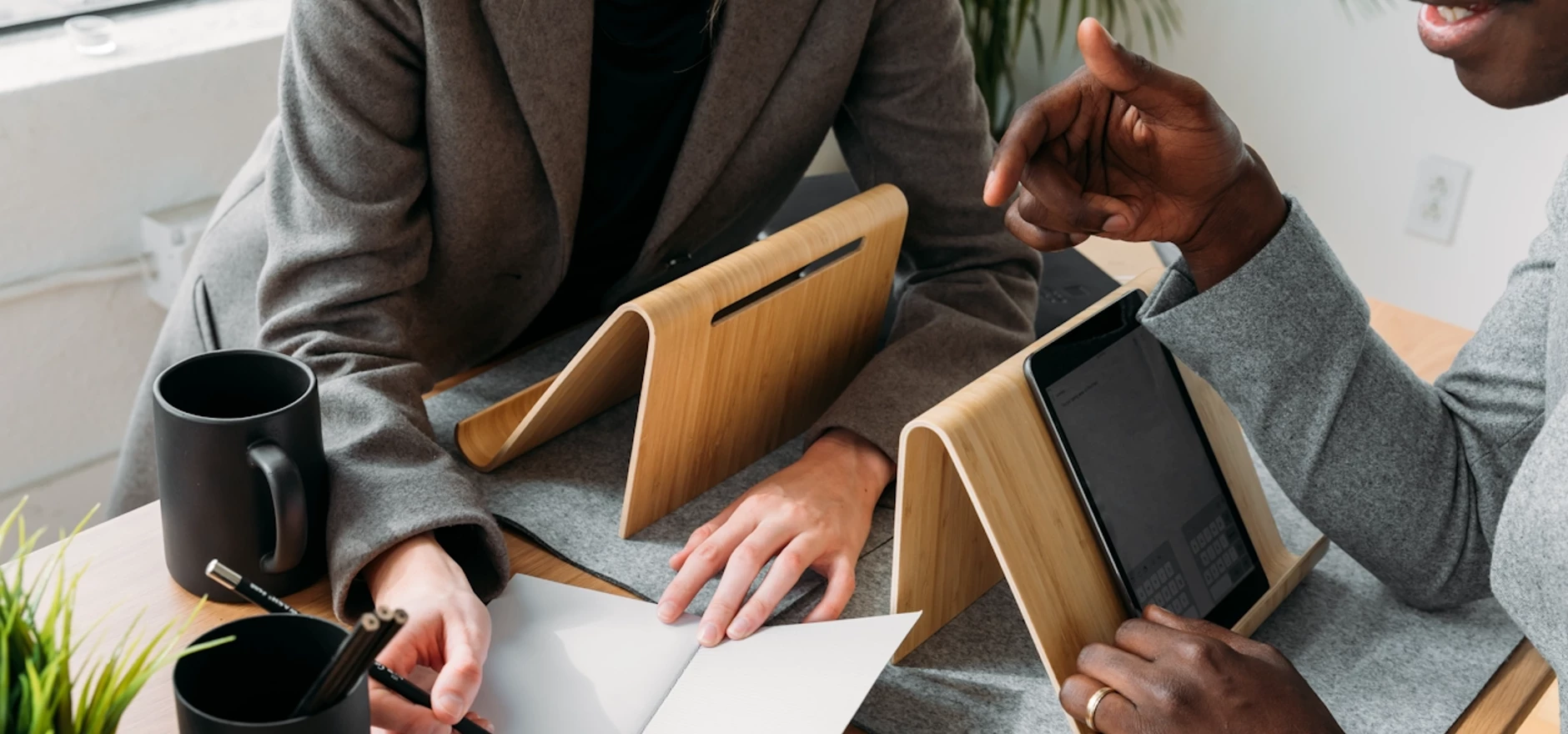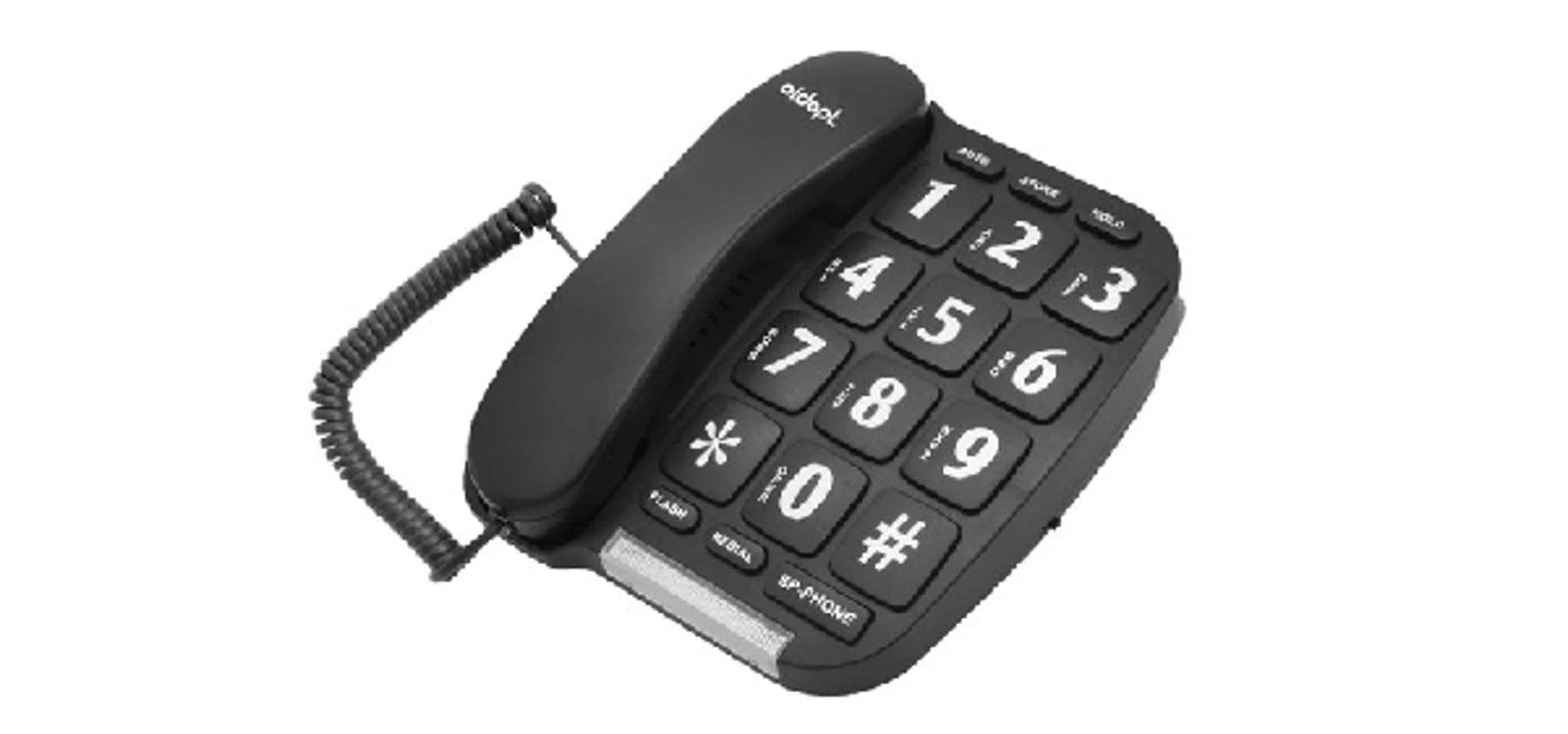
Member Article
What is the Easiest Phone to Use for an Elderly Person?
As we age, navigating the increasingly complex world of smartphones can become more challenging. With technology evolving rapidly, many elderly individuals find it difficult to keep up with the latest gadgets, especially when it comes to features that may not be user-friendly for them. Fortunately, there are phones specifically designed to cater to seniors’ needs, making it easier to stay connected.
In this article, we will explore what makes a phone suitable for an elderly person and highlight some options, including the big button phones for seniors offered by Better Independent Living.
Key Features to Look for in a Senior-Friendly Phone
When choosing a phone for an elderly person, certain features make all the difference in ease of use:
- Large Buttons: Seniors often struggle with touchscreens or small buttons due to arthritis or declining motor skills. Phones with large, clearly labelled buttons are far easier to use.
- Simple Interface: Many smartphones today are packed with unnecessary apps and complex menus. For seniors, a simple, streamlined interface is best, reducing confusion and enhancing usability.
- Loud Volume and Clear Sound: Hearing loss is common in older adults. Phones with adjustable volume, clear speakers, and enhanced hearing aid compatibility ensure they can hear calls without strain.
- Emergency Features: Phones designed for elderly users often include SOS buttons for emergencies, giving both the senior and their family peace of mind.
- Long Battery Life: Regular charging can be inconvenient, so a phone with long battery life is essential for seniors who may not remember to charge their devices frequently.
- Durability: Phones are prone to being dropped or mishandled, particularly by seniors. A phone with a sturdy build or protective casing is crucial.
Why Big Button Phones Are a Great Choice
For many elderly individuals, the simplicity of a big-button phone is a major benefit. These phones are designed to meet the specific needs of seniors, reducing the frustrations that come with trying to navigate complex smartphone features. Additionally, the physical buttons offer tactile feedback that is often lost in touchscreens, making them easier to use for those with limited dexterity.
Conclusion
The easiest phone for an elderly person will depend on their comfort level with technology and their individual needs. Big-button phones from providers like Better Independent Living are excellent choices for those who want straightforward, reliable communication. For tech-savvy seniors, there are smartphones that balance user-friendly interfaces with modern functionality.
Ultimately, choosing the right phone ensures that seniors stay connected with loved ones and maintain their independence, making life a little easier for everyone.
This was posted in Bdaily's Members' News section by iCONQUER Ltd .
Enjoy the read? Get Bdaily delivered.
Sign up to receive our popular morning National email for free.
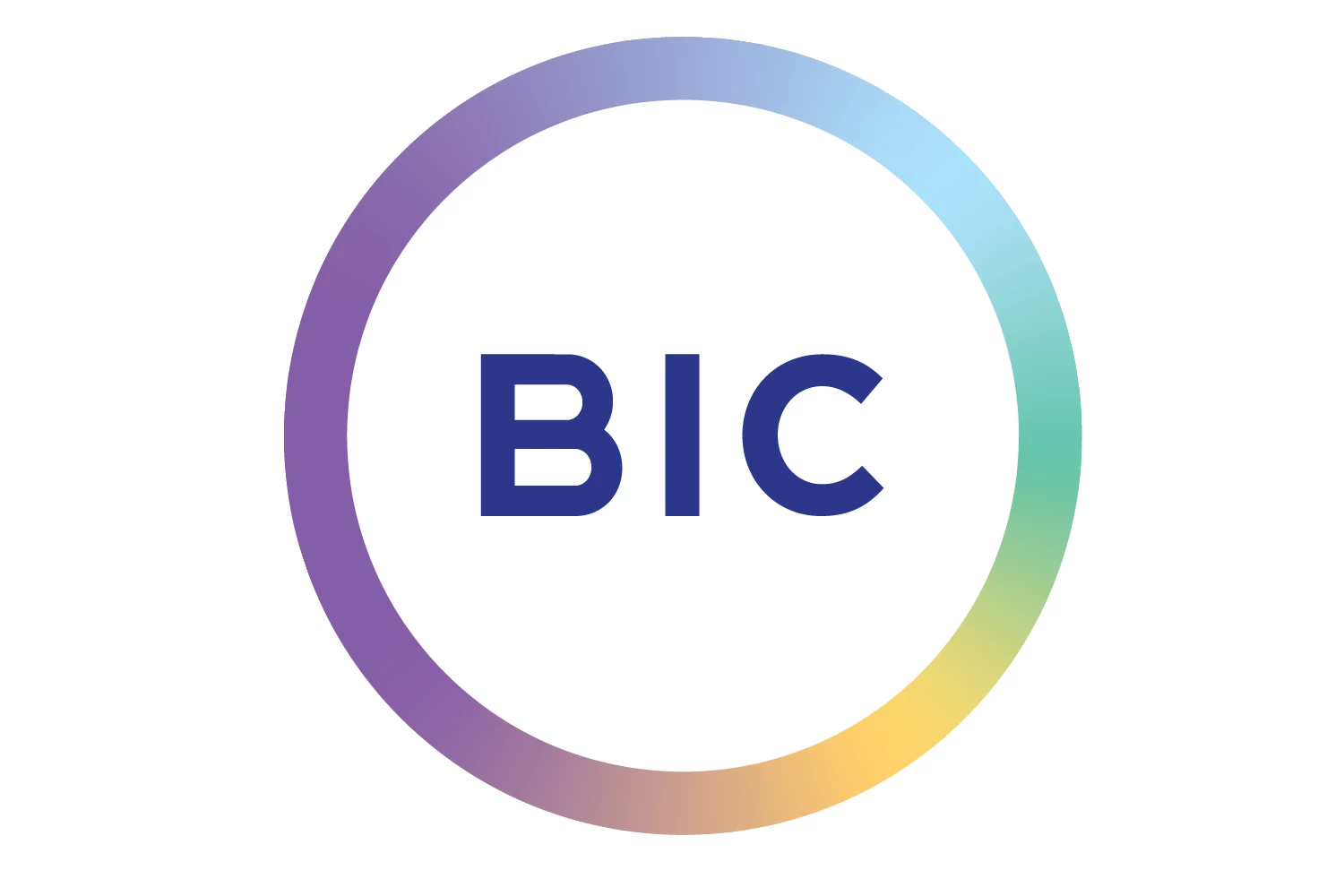

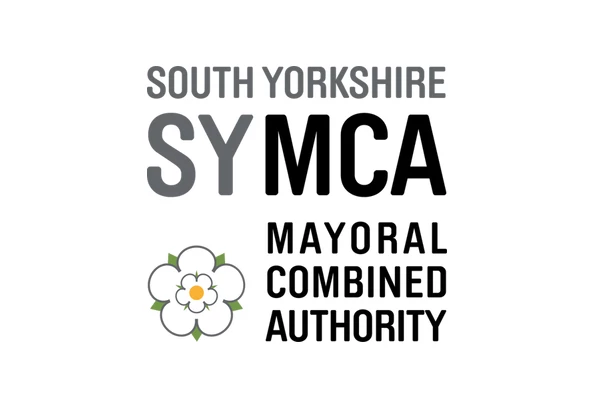
 Stephen signs off on a special night
Stephen signs off on a special night
 Life’s a Peachaus: Gillian Ridley Whittle
Life’s a Peachaus: Gillian Ridley Whittle
 Making a splash: Phil Groom
Making a splash: Phil Groom
 Making workplace wellbeing a priority
Making workplace wellbeing a priority
 A record of delivery, a promise of more: Ben Houchen
A record of delivery, a promise of more: Ben Houchen

